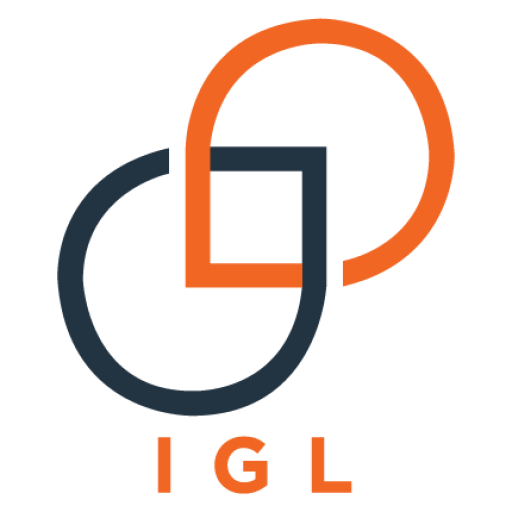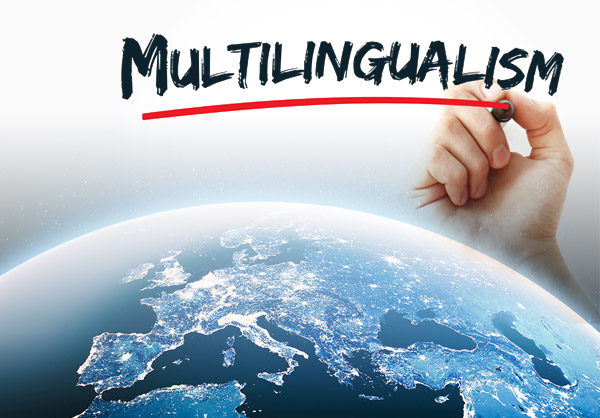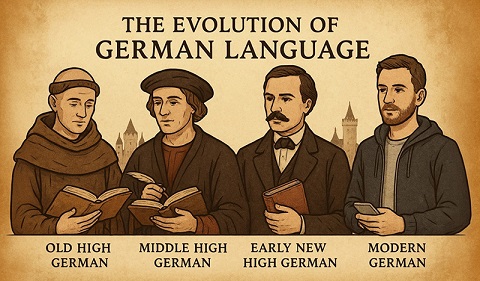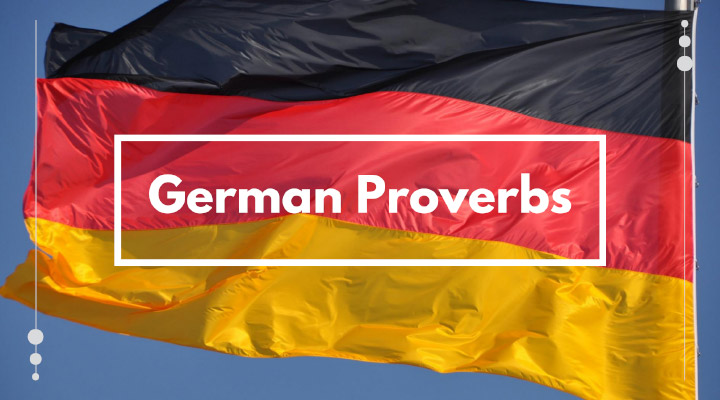
The German Language in Multilingual Communities
August 21, 2025
The Influence of the German Language on Modern Europe
August 28, 2025Language policies play a crucial role in shaping how languages evolve, thrive, and stay relevant in changing times. The German language is no exception. With its rich history, cultural significance, and status as one of the major languages of the European Union, the policies surrounding German deeply influence its usage worldwide. This blog explores the key language policies that have affected the German language from historical reforms to contemporary challenges, including its global spread and role outside Germany.
Historical Background of German Language Policies
Standardization of German (18th–19th century)
The journey to a standardized German language began in the 18th and 19th centuries, primarily through the efforts of scholars such as the Grimm brothers. Their work on dictionaries and grammar codification laid the foundation for a unified version of German, which was essential for education and literature. This period marked the beginning of formal language policies aimed at reducing the myriad dialects and creating a cohesive linguistic identity.
Post-War Language Reforms
After World War II, the German language experienced divergent influences in East and West Germany. Language policies mirrored political shifts, with differences in vocabulary and expression emerging due to varied cultural and ideological environments. This period underscored how language could be shaped by historical events and governance.
Orthography Reforms (1996 & Beyond)
Significant spelling reforms were introduced in 1996 to simplify German orthography, followed by ongoing debates about their implementation. These reforms aimed to make the language more accessible and consistent, though they faced resistance from purists and educators accustomed to traditional spellings.
Modern Language Policies in Germany
The Role of the Council for German Orthography
The Council for German Orthography is the authoritative body responsible for setting and updating the official spelling rules of the German language. Its policies ensure consistency across German-speaking countries and guide educational materials and public communication.
Policies in Education
In schools, Standard German is emphasized, but dialects remain an important cultural aspect. Language policies strive to balance teaching a unified German for national coherence while respecting regional linguistic diversity.
German as an Official Language
The German language enjoys official status not only in Germany but also in Austria, Switzerland, and several EU institutions. Language policies here intersect with political identity and international diplomacy, reinforcing German’s role on the world stage.
Language Policies and Multilingualism
Immigration and Integration Policies
With growing immigration, Germany has implemented language requirements for citizenship and residency, including mandatory language courses and exams. This has increased demand for language courses in Karachi and similar cities where people prepare to migrate or engage with German-speaking countries.
Minority Languages and Dialects
Policies protect minority languages like Sorbian and Frisian, reflecting Germany’s commitment to cultural diversity. However, this can sometimes create tension with efforts to promote Standard German, highlighting the complex dynamics of language preservation.
Influence of English and Globalization
English’s rise, especially in business and pop culture, has introduced many anglicisms into the German language. Language authorities continue to debate policies that respond to this trend to balance modernization without losing linguistic identity.
Controversies and Debates in German Language Policy
Gender-Neutral Language Policies
One hot topic is the adoption of gender-neutral forms like the Gendersternchen (“Student*innen”). These policies aim at inclusivity and equal representation but have sparked vibrant public debate on tradition versus linguistic innovation.
Resistance to Language Reforms
Many resist orthography and grammar reforms, viewing them as unnecessary changes that dilute the purity of the language. This resistance illustrates the broader challenge of balancing respect for tradition with the need to evolve.
Balancing Tradition and Modernization
German language policies continually navigate between preserving historic linguistic roots and adapting to new social realities. This ongoing balance is crucial for the language’s health and relevance.
International Dimension of German Language Policies
German as a Heritage Language Abroad
Communities around the world, including those seeking German language courses in Pakistan, benefit from policies supporting German language education and cultural transmission. Institutes providing German language courses near me or specifically oriented to diaspora communities help keep the language vibrant globally.
German in the European Union
Within the EU, German is a key official language alongside English and French. The EU’s language policies help maintain German’s status in international governance and communication.
Conclusion
The policies shaping the German language reveal a complex interplay between preservation, modernization, and inclusivity. From historic standardization to contemporary debates on gender-neutral language, these policies influence how German adapts to cultural shifts and globalization. For learners and enthusiasts looking for a comprehensive German language course in Pakistan, especially in Karachi, finding the best German language institute in Karachi is essential. If you are seeking a reliable language course near me or German language course near me, consider IGL German Language Institute, a premier language institute in Karachi offering expert guidance on mastering German language skills tailored to your needs.
Start your journey with IGL today and unlock the opportunities that come with fluency in the German language!
FAQs
What is the most recent German spelling reform?
The latest major reform was implemented in 1996, with gradual updates following to refine the rules.
Why is gender-neutral language so controversial in German?
It challenges traditional grammar and cultural norms, sparking debates about inclusion and linguistic purity.
Is German losing ground to English in Europe?
English is widespread, but German remains strong, especially in business, education, and government.
How does Germany support minority languages within its borders?
Through protective policies and promoting bilingual education, minority languages receive official support.
What role does the EU play in shaping the German language?
The EU recognizes German as an official language and supports its use in institutions, influencing language policies across member states.




